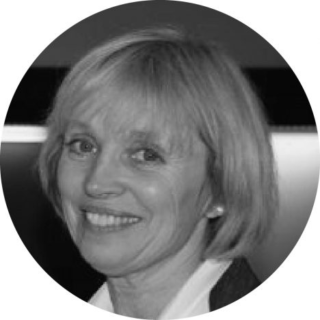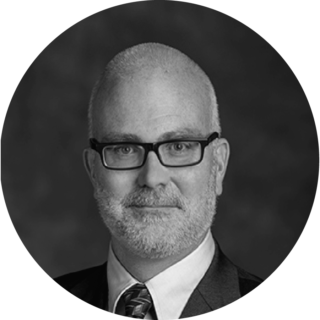Forum Lecture: Demographic Re-Assembly
Monday, September 20th, 2021 at 6:00 pm to 12:00 am
- Tbd event

DEMOGRAPHIC RE-ASSEMBLY
Free public online event
Watch the video here.
Speakers

Dr. Nik Luka, Associate Professor, McGill University
Nik Luka has a hybrid background in architecture, planning, and cultural geography. As an ethnographer working in urban design and landscape planning, he has specialized for 25 years in questions of housing, cultural landscapes, and urban form.
From his base at McGill University in Montréal, he works in close collaboration with state agencies and civil-society organizations on coproduction through planning and community-based design strategies. His currently-funded projects include a SSHRC Partnership Grant with colleagues across Canada on institutional reform in housing production to address the affordability challenge, an action-research project (also funded by SSHRC) on commoning and coproduction of public space with Montréal’s Champ des Possibles as case study, and several EU-funded projects with colleagues in Sweden, Germany, Switzerland, France, and the low countries on conjugating densification, policy impulses to transit-oriented development, and context-responsive landscape strategies in post-suburban and peri-urban contexts.

Dr. Valerie Preston, Professor, York University
An urban social geographer, Valerie Preston studies gendered and racialized inequalities in contemporary cities, especially the challenges that immigrants face in urban housing and labour markets.
Based at York University, she leads Building Migrant Resilience in Cities/ Immigration et résilience en milieu urbain, a partnership of academic researchers, community practitioners, and government policymakers that is investigating a social resilience approach to inclusion of newcomers in Ontario and Quebec cities. She is also involved in projects examining the impacts of the pandemic on immigrant-serving agencies in the two provinces, the economic trajectories of Toronto’s diverse second generation, and the impacts of gender differences in commuting on racialized women’s access to employment.

Respondent: Ottawa City Councillor Jeff Leiper
Topic
Canada relies significantly on immigration for its growth, a process that, in turn, offers a rich sense of diversity and demographic variance to our communities. As our country advances culturally and economically through new immigration, large and small communities alike are becoming increasingly diverse and heterogeneous, transforming our previous understandings of national identity and multiculturalism.
This takes place at a time of growing numbers of retirees and migration away from the downtown cores of cities. How, then, has our demographic re-assembly influenced urbanization patterns, intensification schemes, and the provision of public amenities? In the face of temporarily reduced immigration numbers and the flight to suburbia driven by COVID-19, what demographic-driven development patterns are emerging across Canada?
Each speaker is invited to respond to the session’s theme and prompts through a 30-minute visual presentation, including specific examples from their work. After both presentations, the panel will switch to an open discussion moderated by a Carleton faculty member and joined by Ottawa City Councillor Jeff Leiper.
The focus of the discussion section is Ottawa as a case study for how cities are responding to demographic shifts and the forces behind them, such as housing supply and affordability, government immigration and refugee policies, and others. This will be followed by an audience Q&A.
About Re-Assemble
From building materials to community connections, theoretical frameworks to programmatic uses, structural components to project teams, the notion of assembly is at the core of architecture. It is through these broadly defined yet interconnected assemblies that we construct our built environment. As we navigate new ways of convening and interacting with one another following the easing of lockdowns, the 2021-22 Forum Lecture Series turns to these many processes of architectural assembly and re-assembly.
Reflecting on the current state of society and design’s role within it, we ask: In what ways are people, places and practices today being re-assembled? How is this driving innovation in design research, professional practice, and pedagogy?
The history of architecture is one of perennial re-assembly—of building on and iterating theories, of reconfiguring design concepts, approaches, and collaborations, in addition to physically constructing materials and spaces. The altered social behaviors, ad-hoc spatial configurations, shifting demographics, and growing virtual realm of our past pandemic-focused year have only underscored our impetus to re-assemble.
Unpacking these dynamics, this lecture series investigates the future possibilities of physical, spatial, and operational re-assembly within our urban realm, acknowledging that these processes are not exclusively within the purview of design professionals.